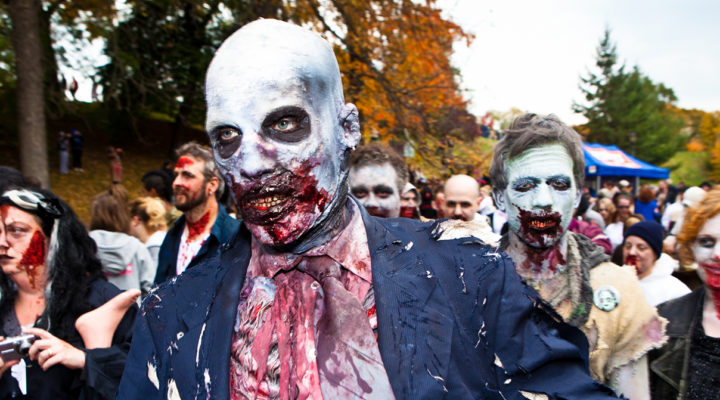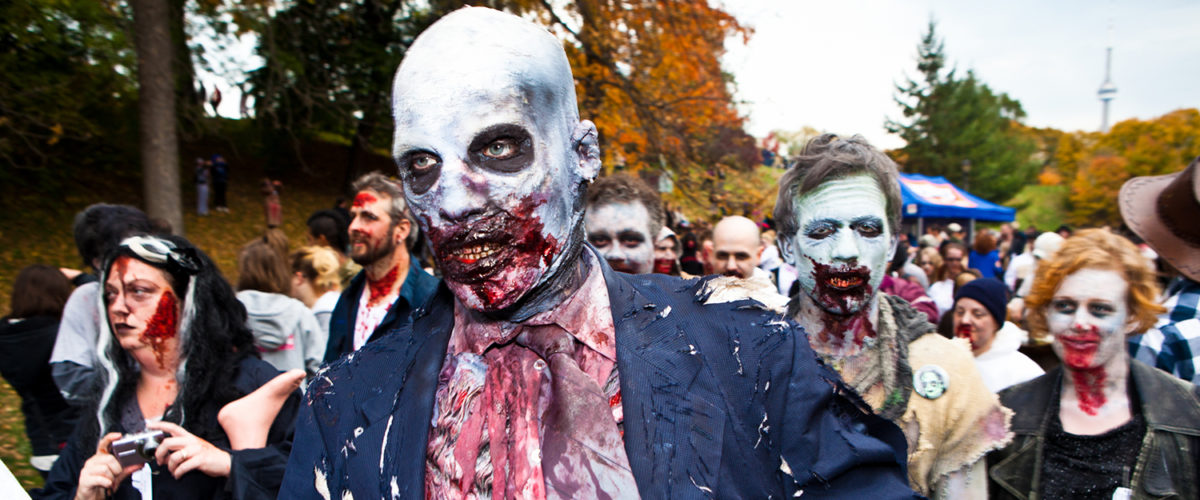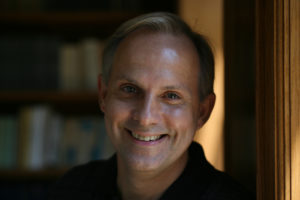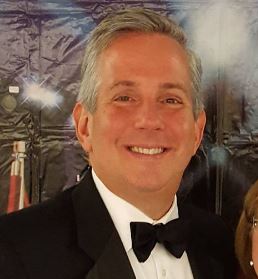Zombie dramas are known for being full of blood and guts, horror and death — lots and lots of death.
But is it possible they also offer lessons in ethics and spiritual formation?
Greg Garrett, a Baylor University professor, author and expert on pop culture and, yes, zombies, says they absolutely do.
The Walking Dead, for example, is not about zombies.
“It’s about human beings in this world and the choices that they are forced to make in order to survive,” Garrett said.
It’s something Garrett is talking a lot about these days, thanks to the release of his new book, Living with the Living Dead: The Wisdom of the Zombie Apocalypse.
That often-overlooked wisdom is embedded both in the immediate zombie story and in the larger apocalyptic genre of which it is a part.
Garrett said he’s studied such tales dating back hundreds of years, and found that from the Dark Ages through to the Holocaust, the nuclear age and the post 9-11 era, cultures have been fascinated with social breakdown and how people, including themselves, would handle it.
So, whether it’s George Romero’s cult classic Night of the Living Dead in 1968, or AMC’s hit series The Walking Dead, there is a deeper fear lurking beneath the sustained popularity.
Death, and fear of death, become popular topics in cultures “any time there is a species level event or mass anxiety,” Garrett said.
Trying to read between the lines of these popular thrillers can help clergy and churches better understand the angst in their communities, he said.
Kevin Meadows has done just that by turning his observations into preaching material.
Meadows is senior pastor at Grandin Court Baptist Church in Roanoke, Va., and a long-time student of the zombie, vampire and werewolf genres.
Meadows said he is fascinated to see how these films and shows depict humanity’s reaction to the breakdown of government and social groups that had for so long sustained and comforted them.
The resultant struggles for hierarchy and power are what hook many viewers and inspire people to wonder what they should do if such events were to occur.
Connecting those dots prompted Meadows to deliver a sermon series titled “Zombies, Werewolves and Vampires — Oh My.”
But, like the genre itself, the topic wasn’t really about zombies, werewolves and vampires.
“It was not focused on monsters, but on the characteristics and personality traits that lead us to devour each other not only with behaviors, but with language,” he said.
Likewise, the apocalyptic genre also is not about what it seems to be about.
In researching his book, Garrett said he spoke with Angela Kang, a writer and producer for The Walking Dead.
“She said something that drove the rest of my thinking,” he said. She commented that the zombies are only the perceived monsters in the series. The actual monsters are the human characters in the show.
And that is where zombie dramas potentially offer spiritual and character formation materials for churches and ministers, Garrett said.
“The characters in the zombie apocalypse, like us, are being forced to do things they feel they have to do to survive.”
“What is valuable about these stories — about zombies — is that zombies are less important than what the humans do in relation to that threat.”
The stories appeal to any demographic, he said. African-Americans who feel unsafe in their communities and nation can see their fears played out, as can law-and-order Americans afraid that society is imploding.
“It is a really nice narrative laboratory for us to address some of our issues.”




